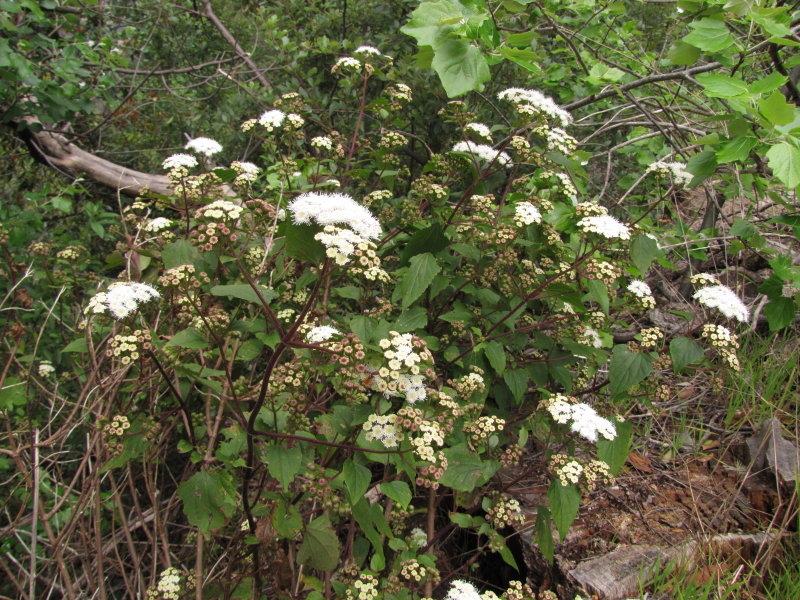South Africa’s Department of Environmental Affairs defines invasive alien plants as species that are exotic, non-indigenous or non-native to an ecosystem. Due to the lack of natural enemies and the resistance to local diseases, these plants tend to spread aggressively and then threaten biodiversity, reduce water availability and increase the risk of wildfires.
Riverhorse Valley Business Estate, the Ballito UIP and Sibaya Coastal Precinct all have dedicated programmes while the uMhlanga UIP works closely with Ezemvelo KZN Wildlife on removing alien plants in the precinct.
Sibaya
The Sibaya Coastal Precinct has a dedicated programme and team focused on removing and controlling alien invasive species in their coastal forest and grasslands. Additionally, an exclusion zone keeps out buck allowing indigenous plants to establish themselves and thrive independently. They are then transplanted to rehabilitated areas. The Sibaya team also uses controlled burns to allow grass species to thrive.
Precinct manager Gray Braatvedt says: “Nature’s balance is compromised if an invasive species dominates. The eradication of alien invasive plants and rehabilitation of indigenous and area specific plant species ensures a natural balance is restored.”
Ballito
The Ballito UIP’s landscaping service provider monitors and removes alien invasive plants as they appear in the area. The programme started five years ago and as a result, not much alien vegetation is visible in the precinct.
On the importance of this programme, precinct manager Thierry Leclezio says: “Removing alien plants reduces water consumption and allows us to focus on indigenous planting which is far more beneficial to the precinct.”
Riverhorse Valley
Started in 2007, Riverhorse Valley Business Estate’s alien vegetation control programme is critical to protecting and enhancing the area’s biodiversity. RHVBE is separated into three zones and a dedicated team of 11 staff periodically spray alien plants with an aquatic safe herbicide.
Precinct manager Nwabisa Mkhize says: “If the waterways are not cleaned and alien plants not removed, the rivers would become clogged. Keeping these areas clear improves water flow which has a direct positive impact on the environment.”
Know your alien invasive plants
Alien invasive species in the greater Durban area include Triffid Weed (Chromolaena odorata), Brazilian Pepper (Schinus terebinthifolia), Barbados gooseberry (Pereskia aculeata), Spanish reed (Arundo donax), Famine weed (Parthenium hysterophorus), Napier grass (Pennisteum purpureaum), Bugweed (Solanum mauritanium) and Lantana (Lantana camara) among others. To learn more please visit: Invasive Species South Africa – Protecting Biodiversity from Invasion – Invasive Plants
